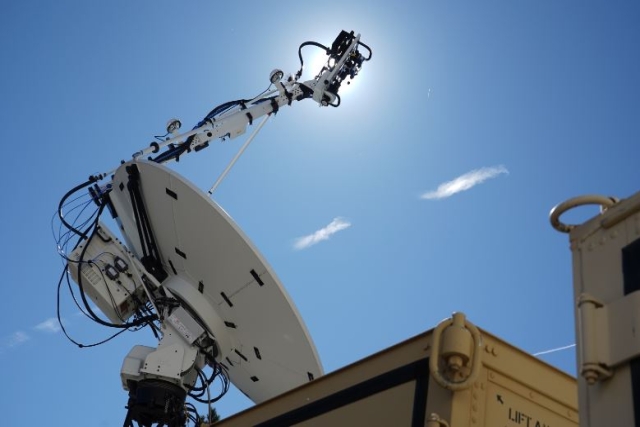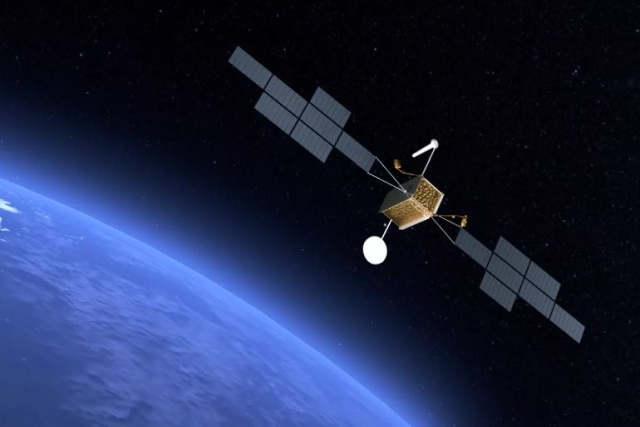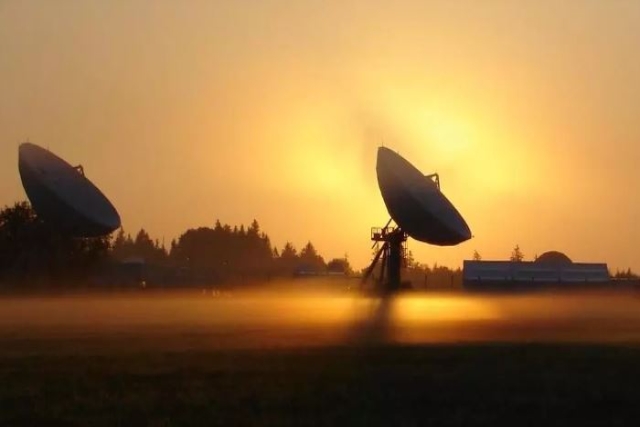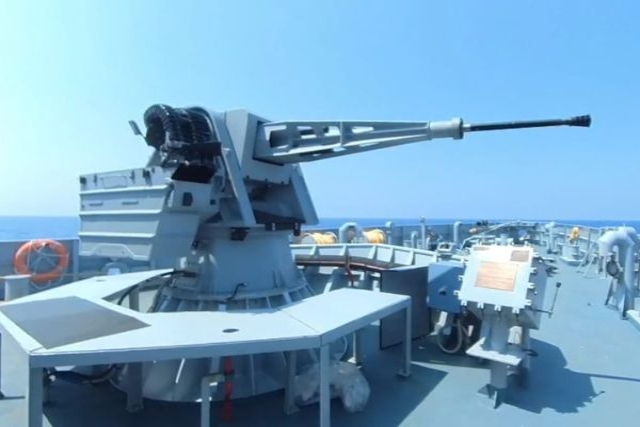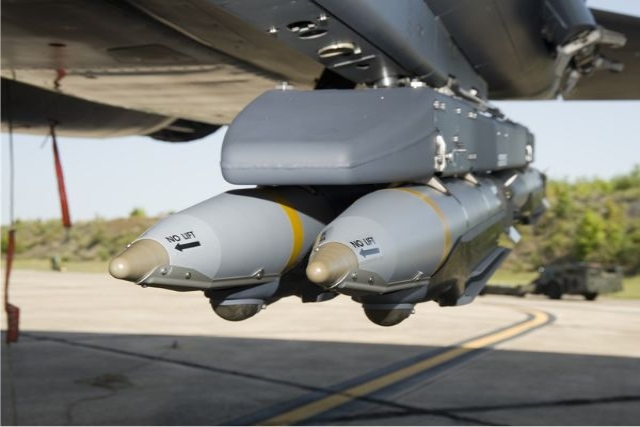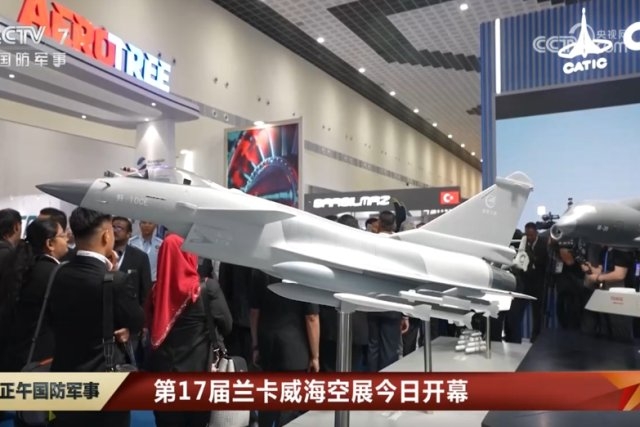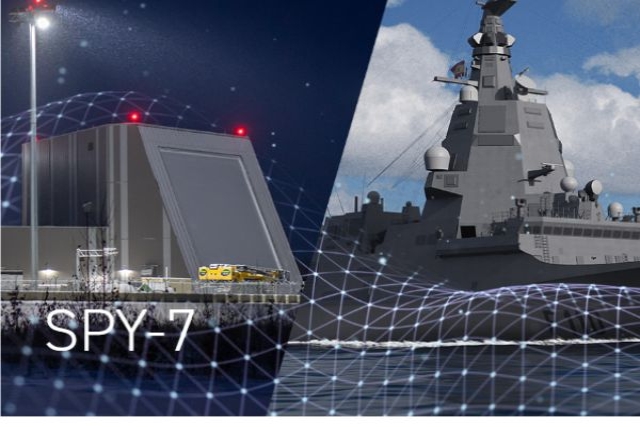Atlas 5 Rocket Blasts Off on Final National Security Mission for U.S. Military
ULA has stated that the payload is critical to national and allied defense, but no further details were provided
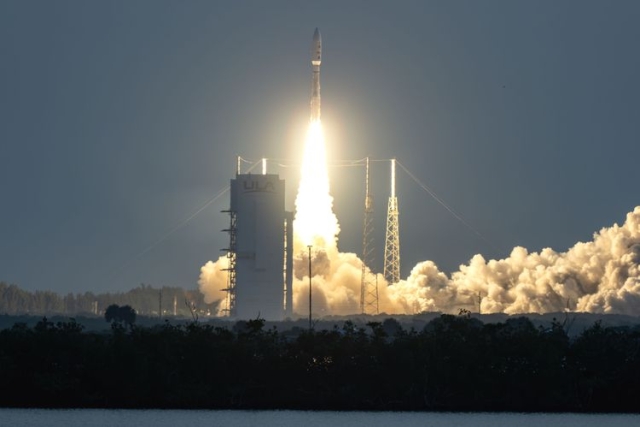
The United Launch Alliance’s (ULA) Atlas 5 rocket, carrying a classified U.S. Space Force satellite, launched from Cape Canaveral on July 30, marking the final national security space mission for the Atlas rocket family since its inception in 1957.
The Atlas 5 rocket launched from Cape Canaveral at 6:45 a.m. EDT, powered by a Russian RD-180 engine and five Northrop Grumman boosters that provided extra lift before separating 1 minute 45 seconds later, leaving the main engine to continue burning. Consistent with standard practice for classified missions, ULA ended its live webcast before the second stage took over.
Details of the mission, including the duration of the first stage burn and subsequent firings of the upper stage Aerojet Rocketdyne Centaur engine, were not disclosed. However, the Space Force confirmed that the payload was released into the proper orbit approximately seven hours after liftoff.
ULA, a joint venture between Boeing and Lockheed Martin, has a long history of launching military and National Reconnaissance Office satellites using the Atlas and now-retired Delta rockets. This launch marked ULA's 100th national security flight.
Gary Wentz, ULA's manager of government and commercial programs, emphasized the launch's significance, calling the undisclosed payload 'one of the most critical' to date, vital for national defense and the security of allied nations, but declined to provide further details.
ULA is transitioning to new, lower-cost Vulcan rockets while completing its remaining Atlas 5 missions. Unlike the Atlas 5, the Vulcan uses American-made, methane-burning first stage engines from Blue Origin. Fifteen Atlas 5 rockets remain in ULA's inventory, with six designated for International Space Station crew rotation missions using Boeing's Starliner capsule and the rest allocated for Amazon's Kuiper internet satellites and a commercial communications relay station.
The new Vulcan rocket had its maiden flight in January, with a second flight scheduled for later this year. If successful, the Vulcan will be certified for national security payloads.
